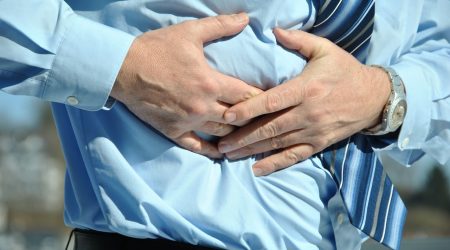Post-workout nutrition is a critical aspect of any fitness routine, and it can have a significant impact on your recovery and performance. After exercise, your body needs to replenish its energy stores, repair damaged muscle tissue, and promote muscle growth. In order to achieve these goals, it’s important to consume a meal or snack that contains a combination of carbohydrates and protein.
According to a study published in the Journal of the International Society of Sports Nutrition, consuming protein and carbohydrates after exercise can help to increase muscle protein synthesis and improve recovery time. The study also notes that the timing of your post-workout meal is crucial, and recommends eating within 30 minutes to an hour after exercise for optimal results.
Some good post-workout food options include a protein shake, a piece of fruit with a handful of nuts, a chicken and vegetable stir-fry, or Greek yogurt with berries. These foods provide a combination of carbohydrates and protein, which can help to refuel your body and support muscle repair.
It’s also important to stay hydrated after a workout. According to a study published in the Journal of Athletic Training, dehydration can impair exercise performance and delay recovery time. To prevent dehydration, be sure to drink plenty of water after your workout.
In conclusion, post-workout nutrition is an essential aspect of any fitness routine. By consuming a meal or snack that contains a combination of carbohydrates and protein and staying hydrated, you can support your body’s recovery and improve your overall performance.
- Beelen, M., et al. “Nutritional strategies to promote postexercise recovery.” International Journal of Sports Nutrition and Exercise Metabolism 20.6 (2010): 515-532. https://journals.humankinetics.com/view/journals/ijsnem/20/6/article-p515.xml
- Kerksick, C. M., et al. “International Society of Sports Nutrition position stand: nutrient timing.” Journal of the International Society of Sports Nutrition 5.1 (2008): 17. https://jissn.biomedcentral.com/articles/10.1186/1550-2783-5-17
- Thomas, D. T., et al. “Position of the Academy of Nutrition and Dietetics, Dietitians of Canada, and the American College of Sports Medicine: Nutrition and Athletic Performance.” Journal of the Academy of Nutrition and Dietetics 116.3 (2016): 501-528. https://www.sciencedirect.com/science/article/pii/S2212267215016354
Casa, D. J., et al. “National Athletic Trainers’ Association Position Statement: Fluid Replacement for Athletes.” Journal of Athletic Training 35.2 (2000): 212-224. https://www.ncbi.nlm.nih.gov/pmc/articles/PMC1323419/






